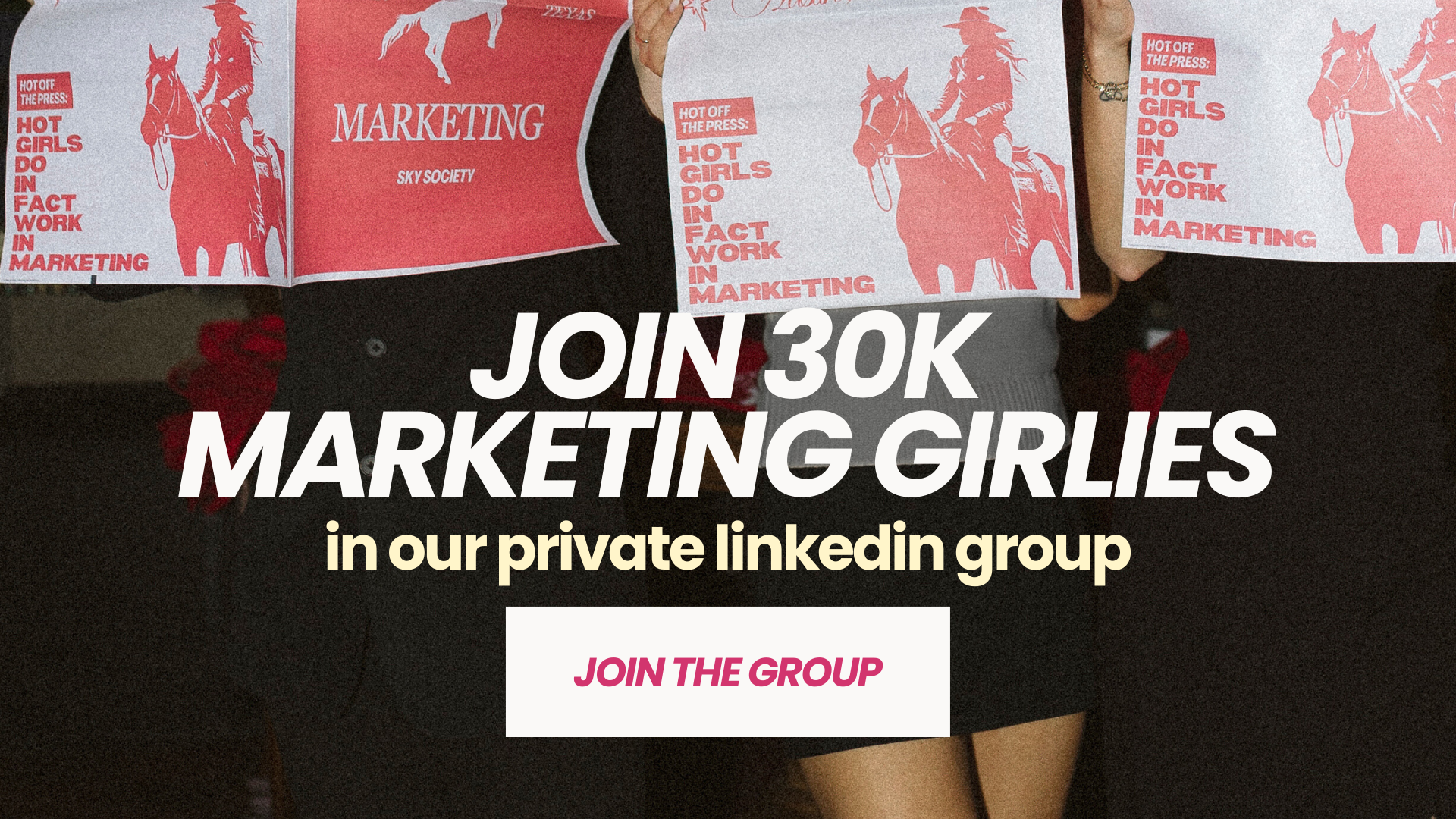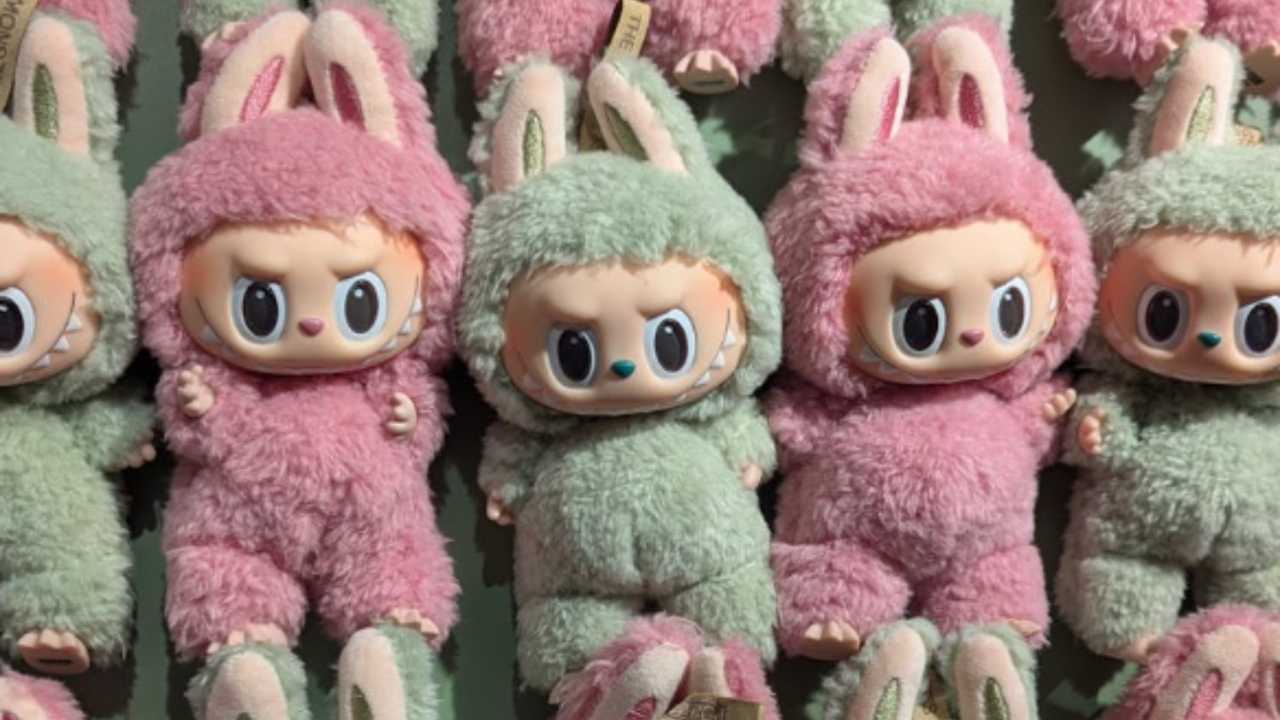3 Jean Brands That Will Make You See The Power of Inclusive Ads
Sep 24, 2025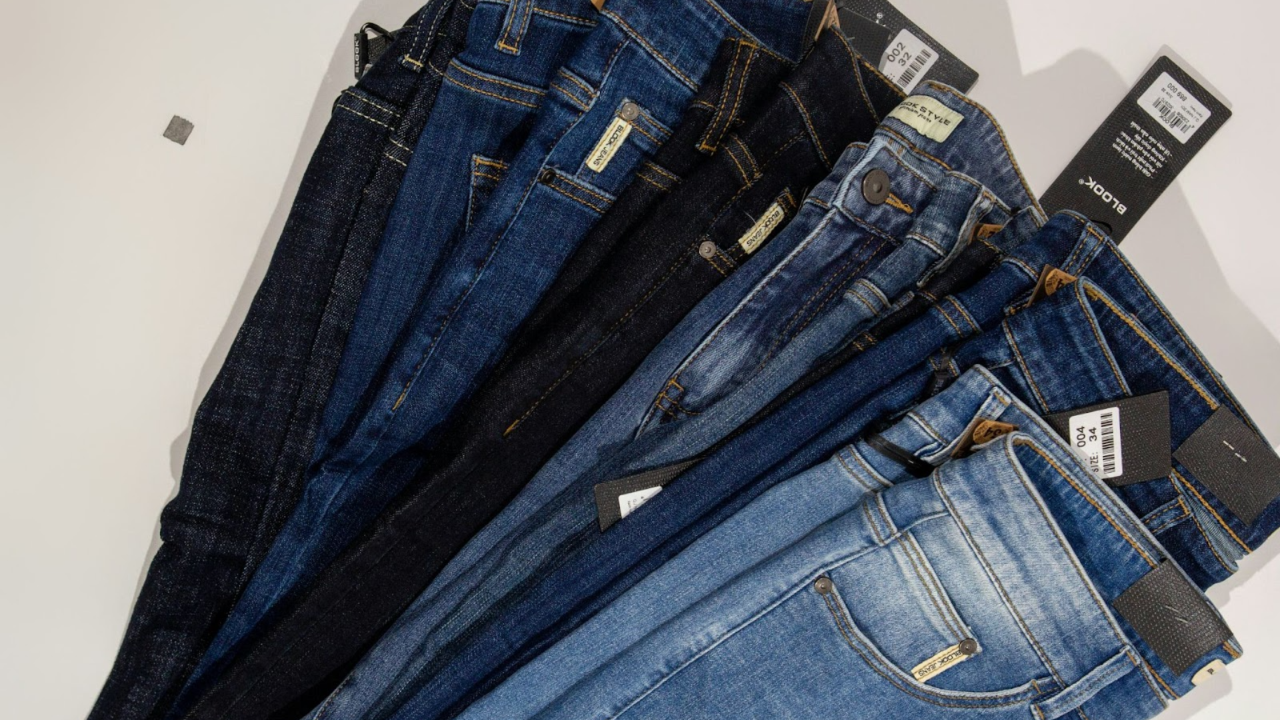
Jeans on jeans on jeans.
Denim on denim on denim.
No matter how you want to say it, there's no denying that 2025 is the year of the "jean-aissance." We have GAP reviving classic denim styles, Levi’s leaning back into the cowboy look with boot-cut jeans, and American Eagle bringing back… controversy?
This blog will break down the biggest jean campaigns of the year and discuss their inclusivity - why it worked or why it didn't. Consumers have made it very clear: they want to see more diversity. And ads are no exception. More than ever, brands need to focus on crafting inclusive ads that accurately reflect their consumers' experiences.
So let’s see who got it right and who missed the mark.
What Does Inclusivity Look Like?
Many brands have their own takes on what it means to be inclusive. For example, Spotify identified components like authenticity, engagement, political awareness, and real voices. Amazon highlights the importance of inclusivity within the company culture, mirroring the real world, and fostering genuine connections.
Wherever you look, the fundamentals of an inclusive marketing plan always involve the following:
- Authenticity: accurately represent your consumers by avoiding stereotypes.
- Real Voices: incorporate the experiences of your consumers.
- Cultural Awareness: be mindful of current events and the political climate.
- Inclusive Language: words have meaning; your copy should be respectful and accessible.
- Diversity All Around: diversify the work environment, from boardroom meetings to casting.
Some of this is common sense. But when you see that 26% of marketers say their companies don’t invest in inclusive marketing, or that 5% of marketers don’t even think representation matters, it’s clear that inclusivity isn’t always a priority.
When done thoughtfully, inclusive ads can be a powerful tool.
"Sydney Sweeney has great jeans"
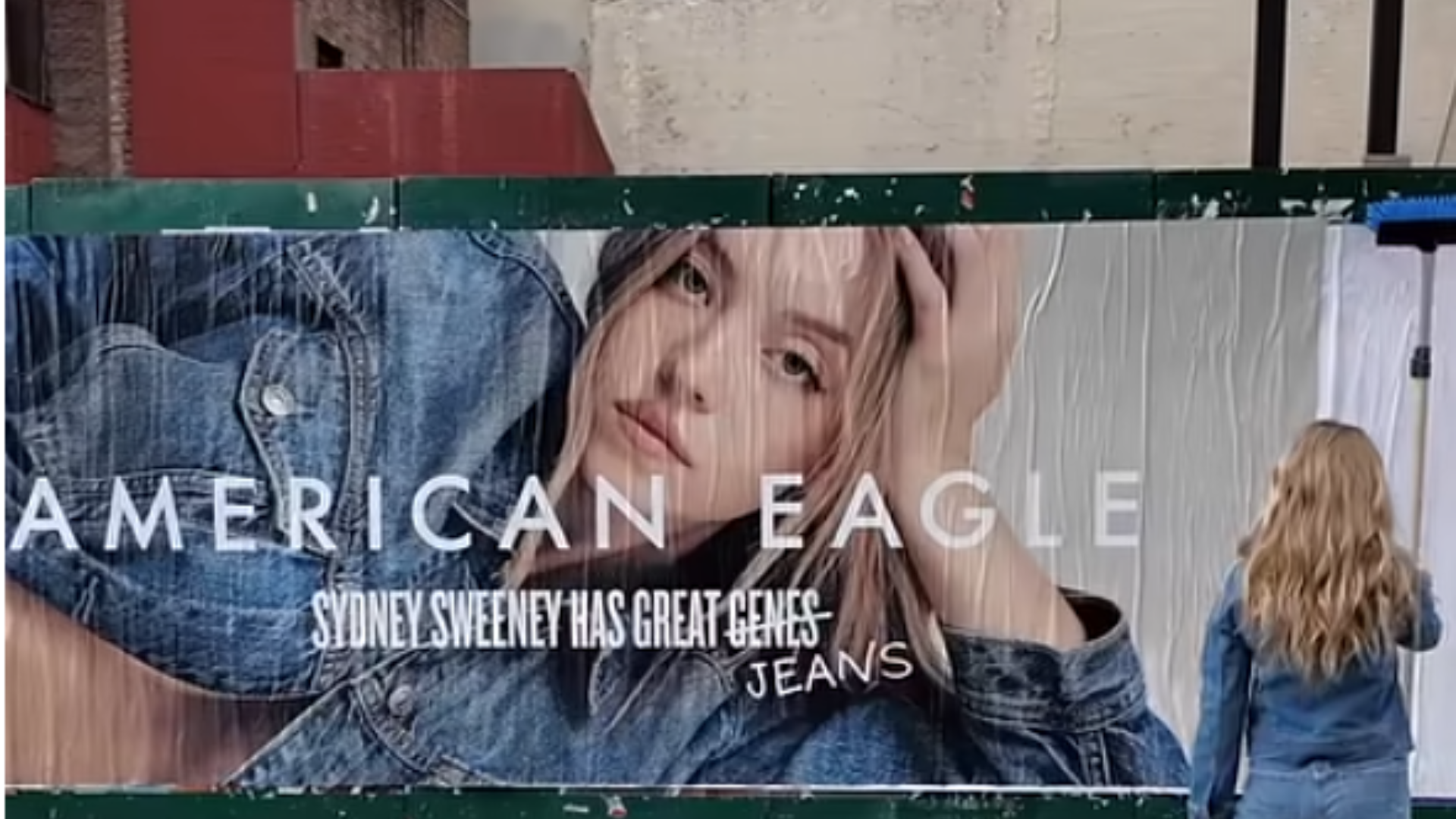
Let’s start with Ms. Controversy herself.
The “genes/jeans” pun has been done before. Calvin Klein and Tommy Hilfiger did it in the 1980s and 1990s, so American Eagle’s spin on it wasn’t anything new. It just felt like a reach for virality over authenticity.
By borrowing from Calvin Klein and attempting to be edgy, the campaign came across as unoriginal. In fact, 69% of women didn’t find the ad clever, and 17% actually found it offensive.
From a copywriting standpoint, American Eagle set themselves up for failure. When you say, “these genes are great,” it naturally creates a comparison: “so, these other genes must be bad.” That's where the main issue lies - especially when paired with the image of a white, blonde, blue-eyed woman. It unintentionally upholds outdated beauty standards and carries exclusionary, racial undertones.
Then there’s the sexualization of Sydney Sweeney. Between the sexy vocal fry and close-up shots of her body, the campaign leans on classic male-gaze tactics. Women are the primary audience for American Eagle, so who exactly is this ad for? With the rising movement of creating inclusive ads, this campaign feels outdated and tone-deaf.
Now, returning to Calvin Klein and Tommy Hilfiger, there was a way to improve this campaign.
While Calvin Klein’s campaign with a young Brooke Shields had its own issues, the copy stayed focused. She's merely giving a quick genetics lecture, without claiming her genes are better. The ad is clever, and the closing line, “Calvin Klein Jeans,” puts the brand at the center instead of the model.
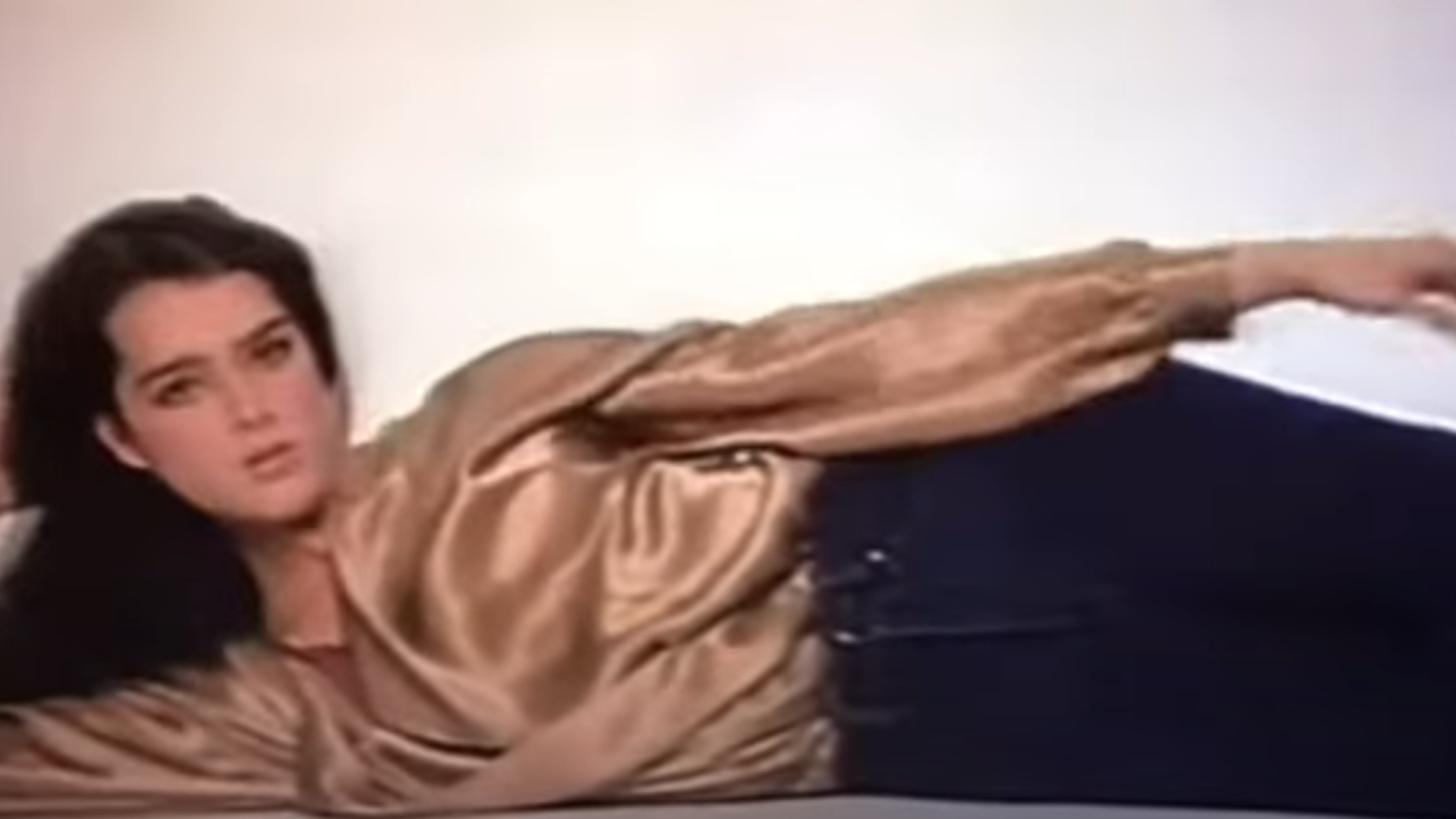
The Tommy Hilfiger campaign with Aaliyah felt more celebratory. Aaliyah talks about her physical traits and who she got them from - her mom or dad. The message is about pride in her unique identity, not superiority. She’s not sexualized, but instead just being herself.
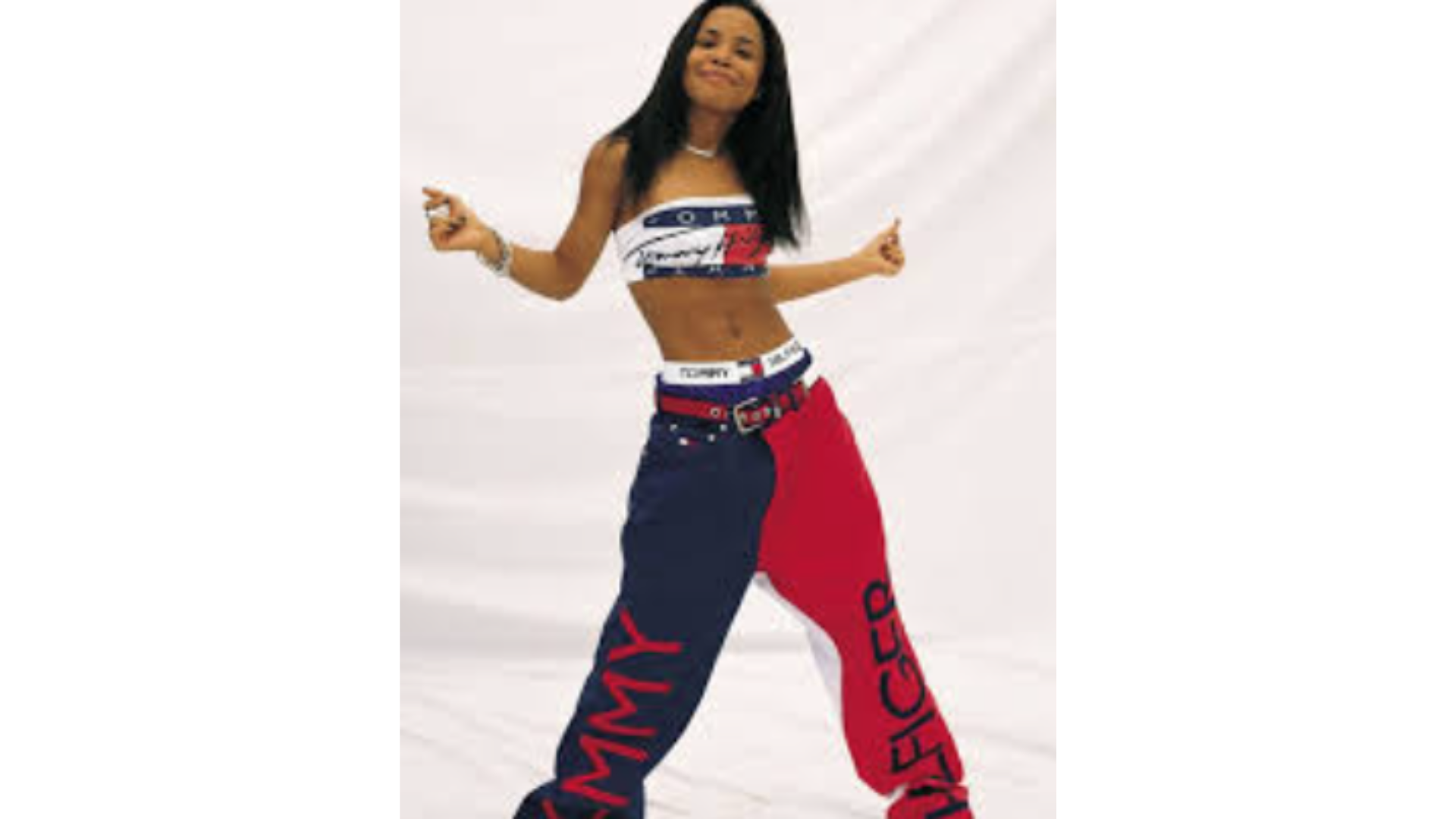
Inclusive ads aren't only about putting a person of color in the frame. It’s about intention. It’s about language, visuals, and tone that genuinely resonate with diverse audiences. When brands fail to consider that, they risk excluding the very people they’re trying to reach.
"Better in Denim"
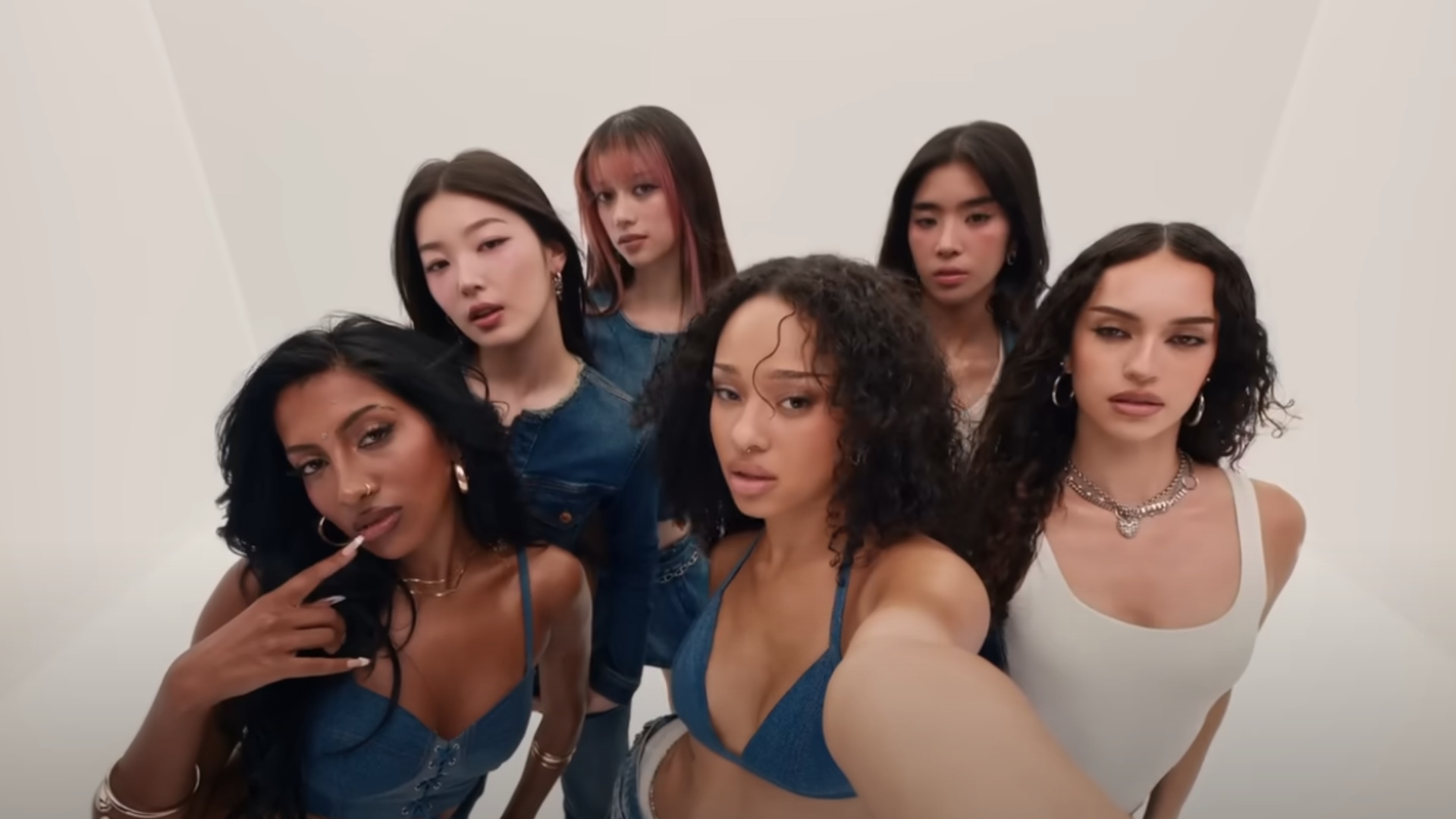
Hot take: This is not the clapback everyone thinks it is.
It’s merely GAP being intentional and playing the long game. While the internet may see this as a viral response or as subtle shade, it's really a brand staying consistent through perfect timing. Campaigns like this don’t come together overnight. From ideation to casting to execution, it probably took months of work.
This is how inclusive ads should be done: thoughtfully, strategically, and without pandering.
Casting Katseye was a smart move. They are one of the most powerful and diverse girl groups today, and each member brings a unique cultural background. This kind of representation connects with their audience, even without any copy.
The denim choices also go beyond the typical blue, subtly reinforcing the message: Everyone looks ‘better in denim.’ The campaign is all about celebrating individuality and choice.
Latina director Bethany Vargas brought her perspective to the project. Empowering diverse voices in creative roles changes the story from within. Diversity is not just about who appears on camera, but also about who shapes the vision. That’s how diversity becomes authenticity.
Let this be a lesson: Never give your competitor material to outshine you! When inclusivity is integrated into the very core of your brand, you make a lasting cultural statement. Brands that are committed to creating truly inclusive ads will always come out on top.
Reiimagine

In the wake of the American Eagle controversy, many netizens began comparing the Sydney Sweeney Campaign with the LEVI's x Beyoncé campaign.
While there are some similarities, the two campaigns couldn't be more different.
Both American Eagle and LEVI’s used an old-timey aesthetic, featured a singular A-list celebrity, relied on sexual appeal, and recreated old ad concepts to sell jeans. But that's where the similarities end.
At its core, the LEVI’s x Beyoncé collaboration goes far beyond just nostalgia or star power. LEVI’s isn’t just selling jeans; it's "reiimagining” its legacy. This partnership is strategic: Beyoncé is an artist whose latest album aligns deeply with the brand’s aesthetic and even features a track titled “Levii’s Jeans.” So it makes sense that the brand will collaborate with her.
The premise of this campaign is to retell their classic 1985 Laundrette and 1991 Pool Hall commercials, and centering the narrative on a woman. Denim fashion had primarily centered around men, and LEVI's is adapting with today’s times of inclusivity.
This shows LEVI’s commitment to creating inclusive ads that reflect the cultural moment. Instead of relying on a narrow image of beauty or appeal, the campaign celebrates Beyoncé’s body and presence in a way that speaks to their audience.
The visuals highlight not only sex appeal, but power, autonomy, and confidence. All of which are qualities that resonate with any woman who identifies with her.
While the sexualization of Beyoncé in the campaign is there, it’s not exploitative. It doesn’t just serve the male gaze. Instead, it taps into the female gaze, offering a portrayal of sexiness that’s rooted in self-expression and empowerment. Women aren’t just being sold a fantasy; they’re being invited to see themselves in the product.
The Power of Inclusive Ads
As consumer expectations evolve, brands must adapt. Today, 75% of consumers say that a brand’s reputation for diversity and inclusion influences their purchasing decisions. Meaning every part of an ad can build or break your consumer's trust.
Successful campaigns like GAP’s “Better in Denim” and LEVI’s REIIMAGINE show that inclusive ads connect with culture. But slipups, like American Eagle’s Sydney Sweeney ad, show what happens when inclusion is an afterthought. To stay relevant, brands must create inclusive ads that resonate with and respect their diverse audiences.
✍️ Written by Jeylin Rivera
JOIN 35K MARKETING GIRLIES
Women in Marketing LinkedIn Group
A private community where young women in marketing network, collaborate, and support each other.
GOOD STUFF ONLY
Sky Society Weekly Edit
Signup for our weekly newsletter for:
✨ New entry-level marketing jobs
✨ Marketing tips and tea
✨ Resume and portfolio resources
✨ Invites to exclusive events
We hate SPAM. We will never sell your information, for any reason.

